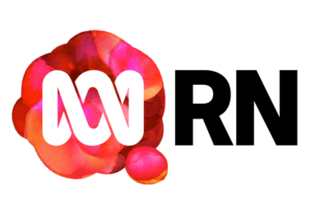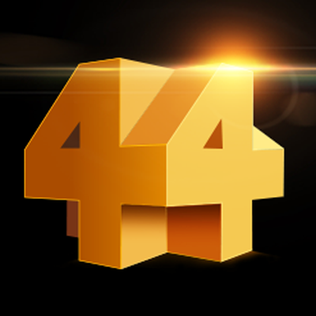Notable Profiles

"The Gilded Cage"
In 2002, Australian Story aired a profile on the former Australian Governor-General and Anglican Archbishop of Brisbane Dr Peter Hollingworth. [1] [8] The episode was entitled "The Gilded Cage". [23] This was a notable episode because Australian Story had the exclusive interview with Hollingworth after a major school sex abuse scandal he had inadvertently played a part in. [1] Whilst Hollingworth was Archbishop there were two serial pedophiles active in three Brisbane Anglican schools and the way he handled the situation was widely deemed across Australia as inappropriate. [24] In "The Gilded Cage" Hollingworth implied that a 14-year-old girl was the one to initiate the sexual relationship she had with a Priest. [25] These comments were met with controversy from the Australian public and he eventually resigned from his position as Governor-General over the matter. [1] [25] The candid and confessional nature of the interview served Australian Story's reputation as being a provider of real and personal stories. [1]
"Murder He Wrote"
"Murder He Wrote" is a notable Australian Story profile as it was the program's first ever two-part profile, spanning over two episodes. [5] Prior to this profile Australian Story had never dedicated more than one episode to a story. [19] The episodes were broadcast respectively on 29 July 2002 and 5 August 2002. [5] They detailed the story of John Button, a man from Western Australia who was wrongfully convicted of murder. [5] Button had been convicted of killing his girlfriend Rosemary Anderson, but the case was reopened when he appealed the conviction and attributed her death to the very high-profile serial killer Eric Edgar Cooke. [5] Producer of these episodes, Wendy Page, had researched the case for 6 years before pursuing the story. [19] Herself and Ian Harley won the Walkley Award for 'Current Affairs, Feature, Documentary more than 10 minutes' with this profile. [19] Australian Story interviewed members of the Button, Anderson and Cooke families throughout the appeal process. [5] The profile concluded with Button's exoneration, his case was one of the longest-standing convictions to be overturned in Australia's legal history. [19]
"Into the Forest"

In 2004 on 1 November, Australian Story aired the first episode of a two-part profile entitled "Into the Forest". [27] This two-part profile explores the crimes of infamous Australian serial killer Ivan Milat. [27] In Part 1, Australian Story spoke to Milat's younger brothers Bill and Richard, older brother Boris and sister-in-law Caroline as well as Clive Small who was the NSW Police Superintendent whilst Milat's case was open. [26] According to Screen Australia this episode was the number 1 top rated Australian documentary on television in 2004. [28] Producers Ben Cheshire and John Stewart won the TV Week Logie Award for 'Most Outstanding Public Affairs Programme' for this profile. [19]
"Beyond Reasonable Doubt"
"Beyond Reasonable Doubt" was the first ever three-part profile for Australian Story, with the three episodes broadcast in 2006 starting on 17 July. [5] At the time, the case attracted national public interest and generated heated debate. [5] It followed three men, Fazzari, Pereiras and Martinez, who had been convicted for the murder of Phillip Walsham in 1998. [5] The episodes focus heavily on Mirella Scaramella, the girlfriend of Fazzari, and her efforts to fight the verdict. [5] A year following this Australian Story profile, the three men were exonerated by the Western Australia Court of Appeal. [5]
"Unbreakable"

The Australian Story special entitled "Unbreakable" detailed the experience of competitor Garry Robinson who managed to survive a Black Hawk helicopter crash in Afghanistan in 2010 and went on to compete in the Invictus Games. [30] The episode is notable because it attracted a complete audience of 2 million people. [18] Most episodes generally garner an audience of 1 million people. [2] "Unbreakable" aired on Monday 15 October 2018. [30] Australian Story spoke exclusively to Prince Harry throughout this episode, as he is the founder of the Invictus Games. [30] He was interviewed from inside Kensington Palace. [30]
"A Complicated Life: Kerry Packer"
In April 2014, Australian Story broadcast a two-part profile on Australian media mogul Kerry Packer. [31] The profile detailed the life of Kerry Packer who had died in 2005 after a long and highly influential career. [31] Part two of this profile garnered the highest average audience for 2013–14, with 1.6 million viewers. [13] The profile was of great interest to Australians as it included interviews with particularly powerful men such as John Howard, Malcolm Turnbull and Richard Walsh. [31] The profile also included an interview with Jodhi Meares, Packer's former daughter-in-law, who had never before spoken out about her experience being a part of the Packer family. [31]











